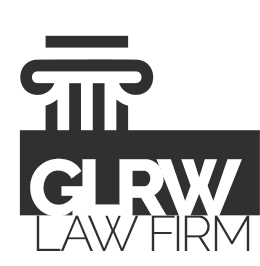
22 Apr Can New Jersey Landlords Legally Raise Rent?
For those who choose to rent their homes, there are many laws and regulations in place to ensure you are protected and that landlords can’t take advantage of you. Each state has its own rules and regulations including New Jersey. New Jersey landlords are required to follow and abide by these laws. If they don’t, there can be there can be legal consequences. If you’re wondering if your New Jersey landlord can raise the rent, keep reading.
30 Days Notice
In the state of New Jersey, landlords are required by law to provide 30 days’ notice before raising the price of rent, according to the publication DoorLoop. This 30-day window is intended to give tenants the time to make changes in their budget to accommodate the new rent amount. It also gives tenants the time to make a decision about whether or not to continue living there. If you have experienced a landlord raising rent without giving you the 30-day notice, you may want to contact local landlord tenant attorneys. These professionals can help you fight unfair landlord practices.
No Rent Stabilization
The state of New Jersey doesn’t have rent stabilization laws in place. This means that landlords are free to set rent prices as they see fit. However, individual counties are responsible for enforcing their own rent control laws. When you contact local landlord tenant attorneys, you can discuss the specific laws for your county. Since most of these laws do not put any type of restriction on rent prices, it’s important for tenants to hold landlords responsible for increases. It’s your job to fight a landlord that attempts to increase prices suddenly without giving the 30-day notice.
Eviction Control Laws
In addition to a responsibility to give 30 days’ notice before increasing prices, landlords are also responsible for abiding by eviction control policies. Eviction control laws are set in place to control the way that a landlord can evict a person. This protects tenants from senseless and sudden eviction. It also protects the tenant from unjust eviction. If you have been unjustly evicted, or a landlord is trying to unjustly evict you without following the eviction policies for your state or country, you can contact local landlord tenant attorneys.
These are just a few things you should know about landlord policies on rent and eviction. If you need legal assistance with landlord issues in New Jersey, please contact Greenblatt, Lieberman, Richards & Weishoff, LLC today. We are more than happy to discuss your issues and help you out!



Sorry, the comment form is closed at this time.